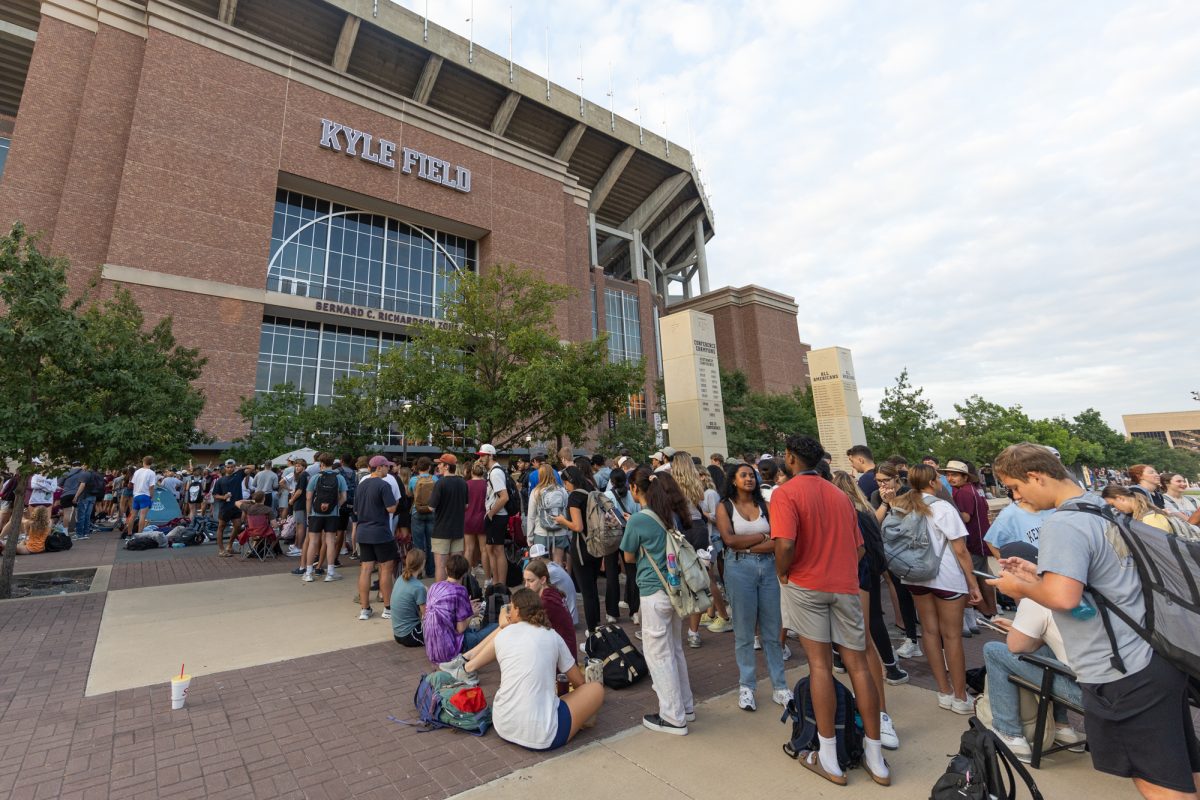One of the greatest things about this nation, the biggest reason you shouldn’t go out and burn a U.S. flag, is the fact that you can burn the U.S. flag with limited repercussions.
The earmark of a free society is this freedom of expression — even if the majority of people disapprove of certain speech. Even if this speech is coming from the Westboro Baptist Church. You know their argument: God hates members of the GLBTQ community and this somehow prompts God to ensure that injury happens to the brave men and women who defend our country.
Let’s be clear — this is hate speech. But the answer to ending hate speech won’t be found in drowning out such speech with an unsanctioned yell practice. It also isn’t screaming different hateful words back louder with more people.
The answer is to turn the other cheek, which is not easy. If it were, there would be no problem in the first place. It’s so much easier to react, and Westboro knows this.
It’s so much more difficult to listen to what someone has to say, and at the risk of turning this into a string of Beatles quotes, find a way to feel love — to feel compassion for the groups targeted by this hate speech and compassion for those delivering the hate speech.
This message, so deeply ingrained in the idea of America, was best articulated by a priest in an old dusty office at the Catholic Church back home when I was 16 undergoing confirmation counseling. The idea is that you don’t spread God’s word by preaching on a soap box, by quoting Bible verses. You spread your belief by being secure in your values and by being the kind of person full of compassion in which others see something.
That concept isn’t tied to one religion, either.
Consider an over-simplified version of the situation. Consider the scene from the eyes of children participating in Westboro protests. Think of when you were 5-10 years old. I think at this age I was still interested in pursuing a professional career as a ballerina, astronaut and firefighter at the same time. These children cannot fully understand what is happening at the protest they are protesting. They probably do not even fully understand what it means to be homosexual.
The difference is that there is no parent who tells them to not be quick to judge. You don’t know the situation. They follow the lead of their hateful parents because, well, these are their parents. In the end, that seems better than the alternative of the hateful strangers yelling at their parents.
To rise above Westboro, we need to understand that these people are also in many ways a victim of their circumstances. We need to stand united with one message.
Holding a Maroon Wall 2.0 “for the troops” — and not also for members of the GLBTQ community — won’t cut it. Showing up to a rally and neglecting to highlight fellow Aggies who are the subject of hate speech out of fear of tackling a subject that is too controversial, counts as passively affirming that hate speech.
In the end, if we settle for the easy road — for either hating Westboro or not explicitly standing with all Aggies — the line between us and them is too muddy.
Aimee Breaux is an applied mathematical sciences junior and managing editor for The Battalion.
Settling for the easy road
November 11, 2014
0
Donate to The Battalion
Your donation will support the student journalists of Texas A&M University - College Station. Your contribution will allow us to purchase equipment and cover our annual website hosting costs.








